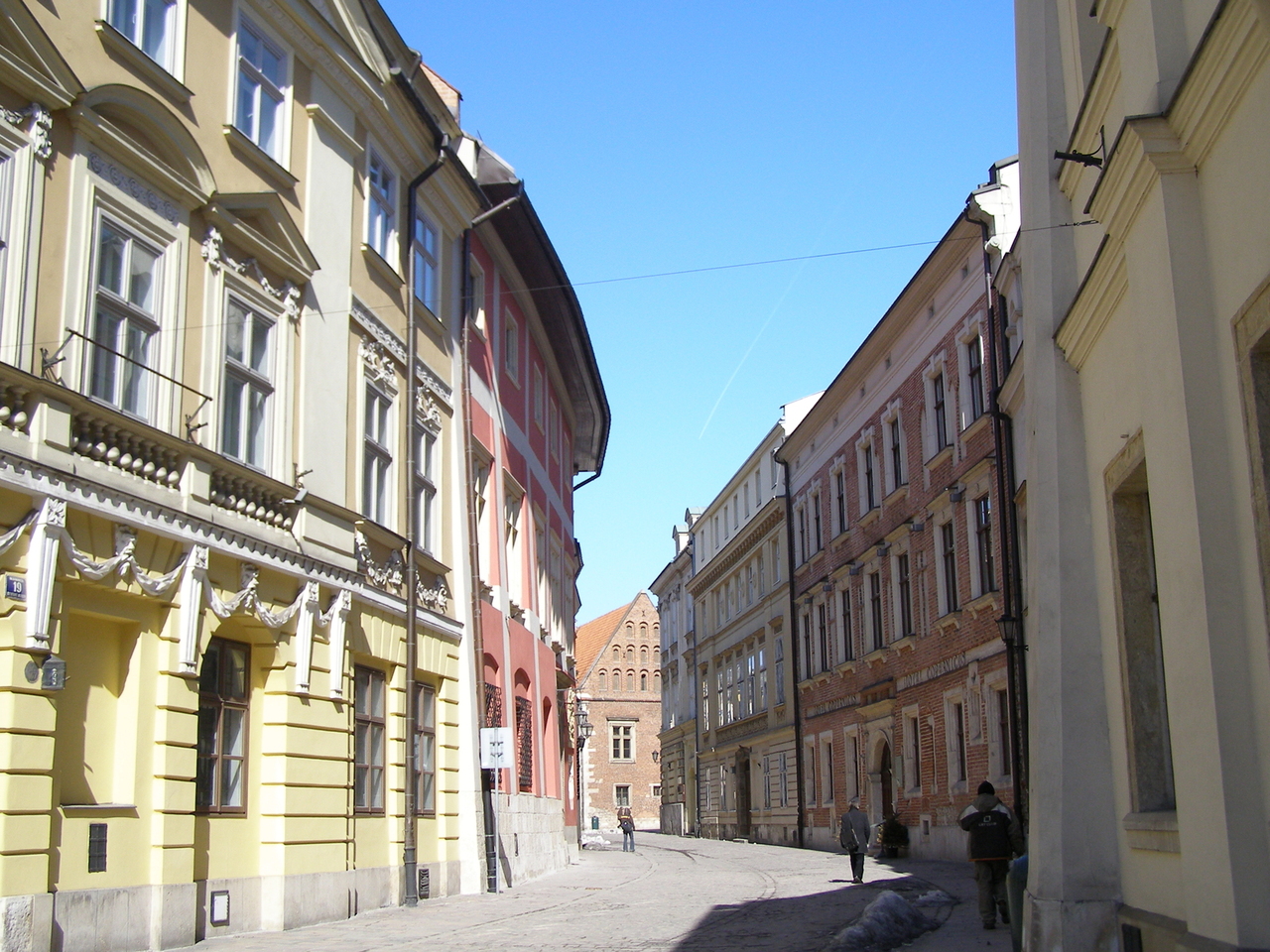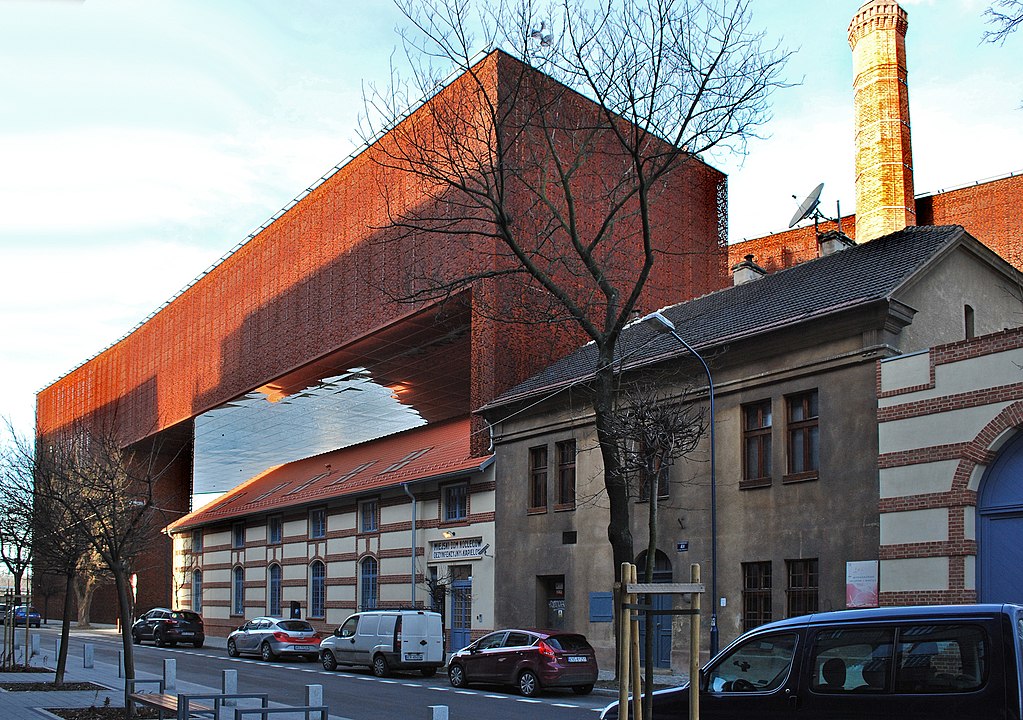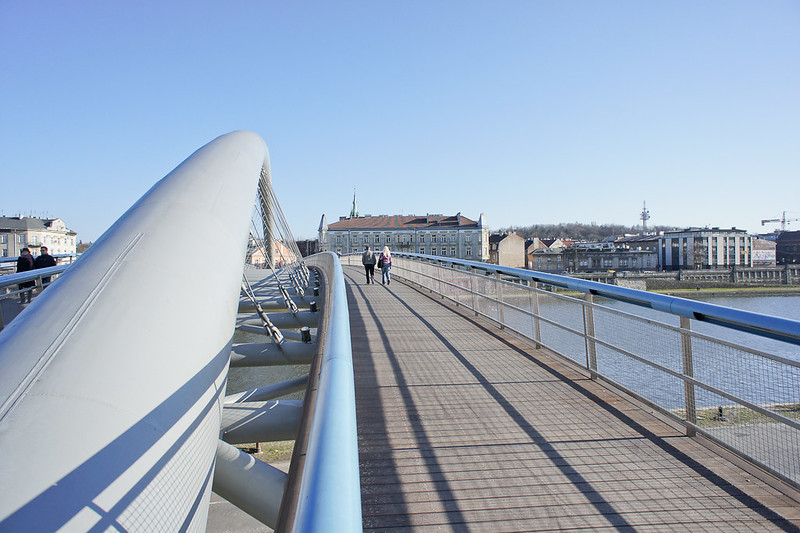| UTC +1 |
Day 1: 25/11/2020
link to Zoom meeting |
|
| 8.30-9.15 |
Organisational and technical details |
9.15-9.30 |
Opening ceremony |
| 9.30-10.30 |
Plenary talk:
Dagmar Divjak: What can be learned from usage? Reconciling descriptive accuracy and cognitive reality using corpus data, large and small. |
10.30-10.45 |
Virtual coffee break (free thought exchange) |
|
Track 1
Zoom |
Track 2
Zoom |
10.45-11.15 |
Oliver Schallert, Carsten Becker and Helmut Schmid: Areal variation in Middle High German: Methodological and quantitative aspects |
Witold Kieraś, Bartłomiej Nitoń and Marcin Woliński: New linguistic annotation in the National Corpus of Polish |
11.15-11.45 |
Torsten Leuschner: Grammar and Corpora in Historical-Contrastive Linguistics: a Hypothesis-Driven Approach to V1-Conditionals in English and German |
Małgorzata Czachor:Different Approaches to Prototypical Transitivity and the Evidence drawn from Polish Participles |
11.45-14.00 |
Lunch break |
14.00-14.30 |
Izabela Czerniak: Relativisation strategies in English – Output from Penn Parsed Corpora of Historical English |
Vojtěch Veselý On modal meanings of the Czech verb muset in constructions with non-agentive verbs |
14.30-15.00 |
Nilo Pedrazzini: Same question, different annotation depths: early Slavonic dative absolute in deeply versus shallowly annotated treebanks |
Stefan Hartmann and Tobias Ungerer: When pink is the new black and data scientists are the new rock stars: Corpus approaches to the productivity of ‘snowclones’ |
15.00-15.30 |
Virtual coffee break (free thought exchange) |
15.30-16.00 |
Thilo Weber: NP-functions and Grammatical Case in German – A Quantitative Perspective
|
Renata Bronikowska: Unfinished "verbization" - development of predicative constructions with a feminine adjective in the 17th and 18th centuries in the light of corpus data |
| UTC +1 |
Day 2: 26/11/2020 |
|
Track 1
Zoom |
Track 2
Zoom |
9.00-9.30 |
Björn Wiemer and Joanna Wrzesien-Kwiatkowska: Employing cluster analysis to explore the diachronic dynamics of Slavic aspect |
Daria Bębeniec: Prototype identification methods in cognitive corpus linguistics – an overview |
9.30-10.00 |
Beata Trawiński: Negation Raising and Mood. Corpus Evidence from Polish |
Matías Guzmán Naranjo: A distance-based method for analogical classification |
10.00-10.30 |
Łukasz Grabowski and Nicholas Groom: Grammar patterns as an exploratory tool for studying formulaicity in English-to-Polish translation: a corpus-based study |
Marek Łaziński and Michał Woźniak: Verbal aspect in dictionaries and corpora. Tagging aspect pairs |
10.30-11.30 |
Virtual coffee break (free thought exchange) |
11.30-12.30 |
Plenary talk:
Benedikt Szmrecsanyi: How difficult is grammatical variation, really?
Zoom |
12.30-14.00 |
Lunch break |
14.00-14.30 |
Beatrice Andreea Pahontu: A corpus study of the Romanian periphrasis a fi pe cale |
Dorota Mika and Rafał L. Górski: Comparative Constructions in Middle Polish |
14.30-15.00 |
Maite Gil and Augusto Soares da Silva A corpus-based analysis of prepositions and goal-oriented motion verbs in Brazilian Portuguese |
Magdalena Derwojedowa Narrative modal MIEĆ in Polish |
15.00-15.30 |
Virtual coffee break (free thought exchange) |
15.30-16.00 |
Christian Ebert, Paul Widmer and Balthasar Bickel A usage-based approach to word order variation in Baltic, Slavic, Germanic and Romance |
Serhii Fokin: Analytical grammatical forms extraction as a new challenge (case of conditional mood in Polish and Ukrainian) |
16.00-16.30 |
Dorota Sieroń Italian article and word order in Polish. A contrastive study |
Michał Woźniak: Corpus similarity measure in grammatical analysis |
|
16.30-17.00 |
Gauthier Delaby and Timothy Colleman Word order variation in verb clusters with receptive krijgen ‘to get’ + past participle in Dutch |
Magdalena Szczyrbak:'No man can be supposed to be indifferent to the knowledge of facts.' The passive of reporting verbs in judicial writing: “be expected to” vs “be supposed to” |
| UTC +1 |
Day 3: 27/11/2020
G&C Zoom |
| 9.00-9.30 |
Kristin Kopf and Felix Bildhauer: What’s driving German genitive alternation? New findings on variation in placement and phrase type |
|
| 9.30-10.00 |
Gasparde Coutanson: Why are there more pataquès in French folk songs? The example of postverbal pataquès |
|
10.00-10.30 |
Wojciech Guz and Łukasz Jędrzejowski: On the need for spoken corpora in grammatical description: the case of Polish że as an elaboration marker |
|
10.30-11.00 |
Virtual coffee break (free thought exchange) |
11.00-12.00 |
Plenary talk:
Jan Rybicki: What Else Can Be Done with Lots of Texts: Distant Reading by Counting Words, Lemmas and Part-of-Speech TagsZoom |
12.00-14.00 |
Lunch break |
14.00-14.30 |
Piotr Wyroślak: Polish reflexive pronoun sobie: understanding the ‘ethical’ use |
|
| 14.30-15.00 |
Tatiana Bladier, Laura Kallmeyer: Automatic Extraction of Tree-Wrapping Grammars for German. |
|
| 15.00-15.30 |
Nikolas Koch, Antje Endesfelder Quick and Stefan Hartmann: Quantifying early syntactic productivity in child language corpora: A critical evaluation of the Traceback method |
|
| 15.30-16.00 |
Helena Grochola-Szczepanek and Rafal L. Górski: The dialect and the standard – preservation and abandonment of grammatical features of the dialect of Spisz |
|
| 16.00-16.30 |
Closing remarks |
| UTC +1 |
Day 3: 27/11/2020
SlaviCorp
Zoom |
| 9.00-09.30 |
|
Introduction by Marek Łaziński |
|
9.30-10.00 |
|
Martina Berrocal, Václav Cvrček and David Lukeš: MDA of Czech parliamentary discourse as way to understand populism |
| 10.00-10.30 |
|
Thomas Samuelsson: Designing and Building a Corpus of Russian On-line Media
|
| 10.30-11.00 |
Virtual coffee break (free thought exchange)
|
| 11.00-11.30 |
|
Zuzana Laubeová and David Lukeš: ORATOR: A new corpus of spoken Czech
|
| 11.30-12.00 |
|
Maria Shvedova: General Regionally Annotated Corpus of Ukrainian (GRAC): grammatical diachrony, competing norms, and diaspora language
|
| 12.00-12.30 |
|
Vasyl Starko: Implementing Semantic Annotation for a Ukrainian Corpus
|
| 12.30-14.00 |
Lunch break
|
| 14.00-14.30 |
|
Dmitri Sitchinava: Parallel corpora within the Russian National Corpus: current state and the study of Russian functional words
|
| 14.30-15.00 |
|
Irene Elmerot: Why nationality matters – in- and outgroups in the news after 1989
|
| 15.00-15.30 |
Virtual coffee break (free thought exchange) |
| 15.30-16.00 |
|
Michal Křen: Czech National Corpus in 2020: Corpora and Applications
|
| 16.00-16.30 |
|
Tora Hedin: Translating politeness in fiction. A study using Czech parallel corpora
|
| 16.30-17.00 |
Closing remarks |





